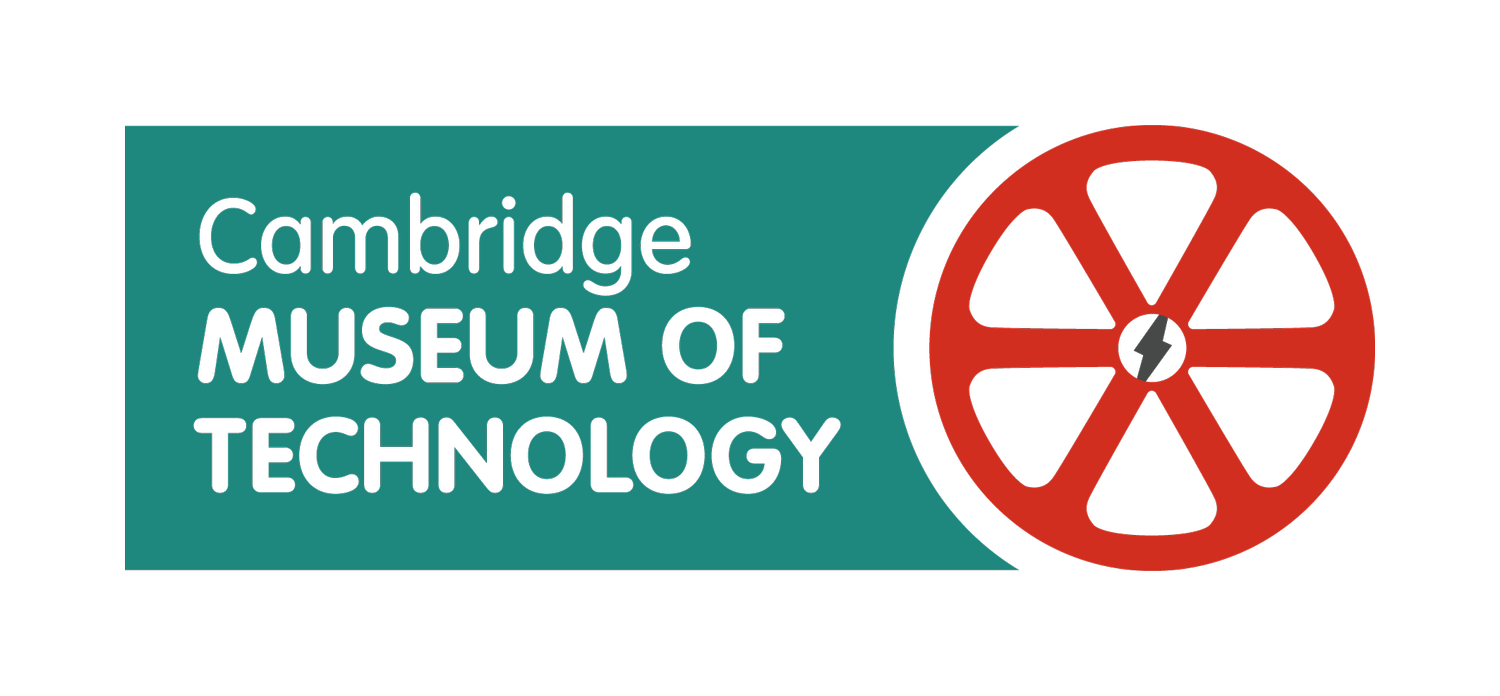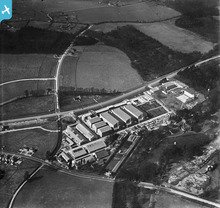Film Studios: Infrastructure, Architecture, Afterlife
Presented by STUDIOTEC researchers
About the presentation
Film studios are architectural spaces designed to support every stage in a film’s production. Yet as physical environments and architectural spaces they’ve rarely featured as the subject of extensive analysis compared with film movements, directors and the genres of popular cinema.
This presentation is about a research project that investigated film studios in Britain, France, Germany and Italy in 1930-60, decades when cinema dominated mass entertainment, reaching a high-point of intensive, studio-based film production.
Sarah Street and Richard Farmer describe the project’s focus on the variety of Europe’s many different studios, challenging the idea that illusory screen worlds were created in ‘invisible’ physical environments by those whose work also tends to be effaced. Studios resemble other examples of industrial archaeology in terms of their histories, locations and structures.
As well as discussing different types of studios, we focus on Denham Studios in the UK which operated for film production from 1936-52. We present research on its history and afterlife when the studios were adapted for different purposes.
The presentation also demonstrates how we re-created four studios for a Virtual Reality experience of facilities no longer operating (Denham and Joinville) and those which remain in use today (Cinecittà and Babelsberg).
Denham Film Studios 1938.
Source: Britain From Above
About the presenters
Richard Farmer is Lecturer in Media at UCL. He was a Senior Research Associate on the STUDIOTEC project and has published widely on the history of British film and popular culture. His books include Cinemas and Cinemagoing in Wartime Britain, 1939-45: The Utility Dream Palace (Manchester University Press, 2016) and The Food Companions: Cinema and Consumption in Wartime Britain, 1939-45 (Manchester University Press, 2011).
Sarah Street is Professor of Film at the University of Bristol. She was Principal Investigator on the European Research Council-funded project STUDIOTEC: Film Studios: Infrastructure, Culture, Innovation in Britain, France, Germany and Italy, 1930-60. She has published widely on British cinema, colour films, costume and set design. Her latest books are Global Film Color: The Monopack Revolution at Midcentury (co-edited with Joshua Yumibe, Rutgers University Press, 2024) and Pinewood: Anatomy of a Film Studio in Post-war Britain (Palgrave Macmillan, 2024, available Open Access).
Admission information
The talk will take place in the Pye Building at Cambridge Museum of Technology. Entrance on the night is via the Museum’s Cheddars Lane gate on Cheddars Lane.
Tickets for the talk are available :
on the door (cash or card) for £5 a head, £3 for students. Members and Volunteers of Cambridge Museum of Technology can attend for free.
There will be free light refreshments courtesy of the Institution of Mechanical Engineers (IMECHE).
About Cambridge Industrial Archaeology Group (CIAG)
CIAG organises a programme of talks on industrial heritage at Cambridge Museum of Technology during spring-summer (March-June) and autumn (September-December) when talks usually take place at 7.30pm on the second Monday of each month (check website for confirmation). For further information about Cambridge Industrial Archaeology Group contact Robin Chandler.
Proceeds from CIAG meetings support the work of Cambridge Museum of Technology (UK registered charity 1156685), the home of Cambridge’s industrial heritage.
For further information on the Museum contact: info@museumoftechnology.com



